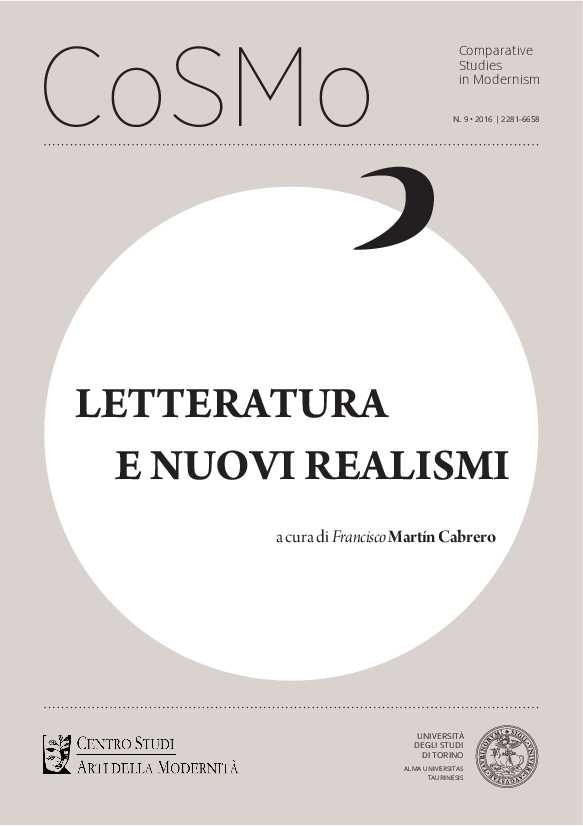Un mondo alla deriva: realismo, entropia, salvezza
DOI:
https://doi.org/10.13135/2281-6658/1786Parole chiave:
Ecology, Waste, Aurelio Peccei, Philip K. Dick, Consuming Life, Technology, UtopiaAbstract
The present essay emphasizes philosophy’s responsibility to face the embarrassing reality of a world overcome by waste and refuse. The reckless deal struck by disposable goods, the immense opportunities for technical manipulation of reality, and the hellish landscape of urban dumps in the consumer society, might transform the Earth into an endless Gomorrah replete with concrete, ruins, and refuse. Living in a disfigured landscape – where nature is but a fragment of an ancient beauty and abundance – means entering the era of allegory, tout court. In this era, human existence is forced to dwell in a lunar landscape, such as those described by P.K. Dick –i.e., the locus of rotting refuse, where everything gets swiftly reduced to “kipple” and “gubble”. Yet, even though in the form of a fragment, as an allegory of its former self, nature does retain a historical dimension – namely, that dimension of time which the social universe has relinquished in the name of the “always identical and always new”, and of the irrevocability of a particular historic-contingent outcome. Even a disfigured nature can create a concrete utopia of reintegration, by virtue of its historical dimension. In other words, neither the waste of nature, nor the dreams of salvation, are exonerated from mutual solidarity; being interconnected, they can push imagination into remote and long-forgotten lands, which retain a feeling of happiness, the name of which – now unsayable in history – is the regained Eden.
Downloads
##submission.downloads##
Pubblicato
Fascicolo
Sezione
Licenza
Gli autori mantengono i diritti sulla loro opera e cedono alla rivista il diritto di prima pubblicazione dell'opera, contemporaneamente licenziata sotto una Licenza Creative Commons - Attribuzione che permette ad altri di condividere l'opera indicando la paternità intellettuale e la prima pubblicazione su questa rivista.







